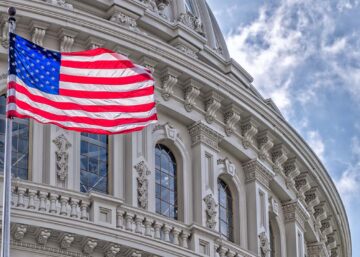In a surprising turn of events, the Brazilian government has found a new ally in its fight against inflation and energy challenges: online casinos and crash games, like Aviator operators. By introducing additional taxes on these rapidly growing sectors, the government aims to channel the revenue into critical areas of the economy, including the burgeoning green energy sector. This strategy not only addresses economic stability but also aligns with Brazil’s long-term commitment to sustainable development.
The State of Brazil’s Energy Market
Brazil’s energy sector is one of the largest and most diversified in the world. The country is a global leader in renewable energy, with nearly 50% of its energy consumption coming from renewable sources, primarily hydropower, biofuels, and increasingly, wind and solar power. Brazil is the second-largest producer of biofuels and hydropower globally, positioning itself as a crucial player in the global energy transition.
However, despite its achievements, Brazil still faces significant challenges in its energy sector. The country’s reliance on hydropower, while environmentally friendly, makes it vulnerable to climate variations, such as droughts, which can disrupt energy supply. Additionally, the energy infrastructure needs significant upgrades to handle the increasing demand and to integrate more renewable energy sources into the grid.
The Push for Green Energy
Brazil has made substantial progress in increasing its share of renewable energy. The country is investing heavily in solar and wind power, and these sources are expected to play a larger role in the energy mix in the coming years. The government has set ambitious goals, including expanding renewable energy capacity and achieving carbon neutrality by 2050. However, these initiatives require substantial investment, and finding the necessary funding is a critical challenge.
The Role of Online Casinos and Slots
Amidst these challenges, the Brazilian government has turned to an unconventional revenue source: online casinos and slot games. The online gambling industry in Brazil has experienced explosive growth, and the government sees this as an opportunity to generate additional revenue through taxation. The new tax on online casinos and slot operators is part of a broader strategy to boost public finances and fund essential services, including investments in green energy infrastructure.
This move is expected to bring in significant revenue, which the government plans to allocate towards various sectors, with a focus on green energy projects. By investing in renewable energy using the funds from the online gambling sector, Brazil aims to enhance its energy security, reduce carbon emissions, and build a more resilient and sustainable energy infrastructure.
Conclusion
The introduction of additional taxes on online casinos and slot operators in Brazil is more than just a fiscal measure—it represents a strategic move to support the country’s long-term energy goals. By channeling this revenue into green energy projects, Brazil is addressing both its economic and environmental challenges. This innovative approach highlights the potential for creative solutions in the face of global challenges, ensuring that Brazil continues to lead in the global energy transition while maintaining economic stability.




